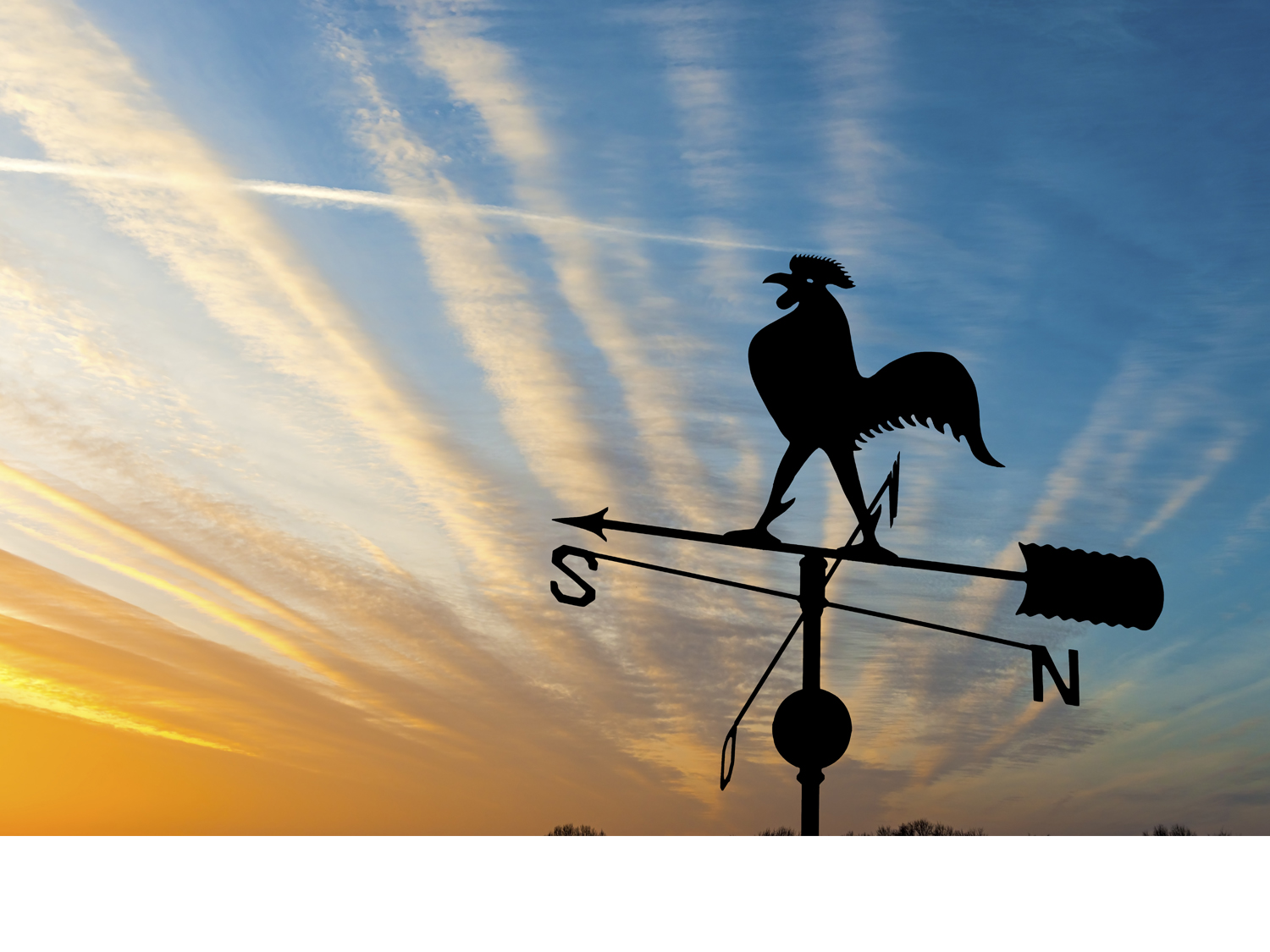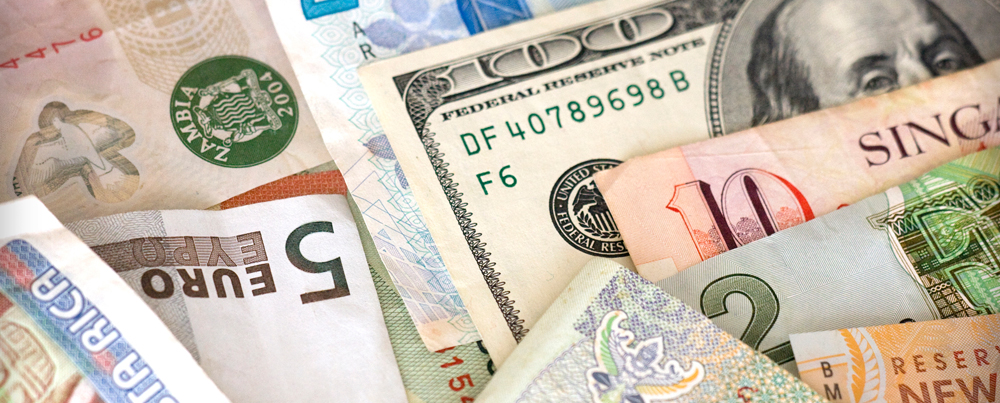Guided Tours to Dublin, IrelandDiscover Dublin's Rich Heritage: Guided Tours for Every Explorer
When do you want to go?
2024
I'm flexible
Passengers
Adults (18+)
Children (0 - 17)
Welcome to Dublin, Ireland: A City by the Sea
Welcome to Dublin, a city that's as cosy as a town and as welcoming as an Irish bar. The city's streets and lanes, framed by mountains, centred on a river, and flanked by a magnificent bay, are packed with bright art and historic buildings, hip cafés and classic "old man" pubs, as Dubliners refer to them. Walk the streets and you'll feel the spirit of nearly 1,000 years of history, as Viking echoes mix with lively boutiques, cobbled lanes resonate with the sounds of buskers, and 18th-century parks host festivals, film screenings, and food markets.
Guided tours to Dublin, Ireland
Guided tours in Dublin offer immersive experiences into the city's history, culture, and vibrant atmosphere. From literary walks to pub crawls and historical explorations, these tours provide insights into Dublin's rich heritage with knowledgeable local guides.
Literary tours trace the footsteps of famous writers like James Joyce and Oscar Wilde, visiting landmarks such as Trinity College's Old Library and Merrion Square. Historical tours cover Dublin Castle, Christ Church Cathedral, and sites of Irish independence struggle like Kilmainham Gaol.
Pub crawls immerse visitors in Dublin's social scene, exploring traditional pubs in areas like Temple Bar with live music and local beer tastings. Cultural and food tours showcase Dublin's culinary diversity and artistic venues, from markets to theaters.
Walking and cycling tours offer intimate views of Dublin's neighborhoods and green spaces like St. Stephen's Green and Phoenix Park. Special interest tours cater to architecture enthusiasts, ghost story lovers, and whiskey aficionados, providing unique perspectives on Dublin's built environment, haunted history, and whiskey traditions.
Overall, these guided tours offer personalized and enriching experiences, deepening visitors' appreciation for Dublin's culture, history, and vibrant urban life.
What to expect – Why visit Dublin?
Tourists visiting Dublin can expect a multifaceted experience that combines rich history, vibrant culture, warm hospitality, and a bustling modern atmosphere. Here's a detailed look at what awaits:
Historical and Cultural Riches
Dublin's history as a Viking settlement and later as a medieval stronghold is evident in its architectural landmarks and museums. Dublin Castle, originally built in the 13th century, offers insights into Ireland's governance under British rule and now hosts cultural events and exhibitions. Christ Church Cathedral and St. Patrick's Cathedral stand as impressive examples of medieval architecture, each with its own stories of religious and civic importance.
Trinity College Dublin, founded in 1592, not only houses the historic Book of Kells but also serves as a hub of academic excellence and cultural activity. The college's campus, with its cobblestone paths and historic buildings, provides a serene contrast to the bustling city center.
Literary Legacy
Dublin's literary prowess is celebrated through guided tours and cultural institutions dedicated to its famous writers. The Dublin Writers Museum and the James Joyce Centre offer exhibitions and insights into the lives and works of authors such as James Joyce, W.B. Yeats, and Oscar Wilde. Literary walking tours take visitors through neighborhoods where these writers lived and worked, providing context for their literary contributions.
Vibrant Social Scene
Dublin's pubs are renowned for their welcoming atmosphere and lively social scene. Temple Bar, though popular with tourists, remains a hub of cultural activity with its galleries, street performers, and traditional music sessions. Throughout the city, historic pubs like The Brazen Head, dating back to 1198, offer authentic Irish hospitality and a chance to enjoy a pint of Guinness in surroundings steeped in history.
Culinary Delights
Dublin's dining scene has evolved in recent years, embracing a diverse range of cuisines while retaining its Irish roots. From Michelin-starred restaurants to cozy gastropubs, visitors can savor everything from modern Irish dishes to international flavors. Food markets like the Temple Bar Food Market and the English Market in Cork showcase local produce and artisanal goods, providing a taste of Ireland's culinary heritage.
Green Spaces and Outdoor Activities
Dublin's parks and outdoor spaces offer opportunities for relaxation and exploration. Phoenix Park, one of Europe's largest enclosed urban parks, is home to Dublin Zoo, Aras an Uachtarain (the residence of the President of Ireland), and expansive greenery ideal for picnics and leisurely walks. St. Stephen's Green, located in the heart of the city, provides a tranquil retreat with its formal gardens, lake, and statues honoring notable figures in Irish history.
Arts and Entertainment
Dublin's cultural calendar is filled with events throughout the year, ranging from traditional music sessions in pubs to large-scale festivals and concerts. The Dublin Theatre Festival, held annually, showcases innovative performances from Irish and international theater companies. The National Gallery of Ireland and the Irish Museum of Modern Art (IMMA) exhibit works by renowned artists, while smaller galleries and independent theaters contribute to Dublin's vibrant arts scene.
Modern Dublin
Dublin's modern landscape is shaped by its status as a global tech hub, with companies like Google, Facebook, and LinkedIn establishing European headquarters in the city. The Docklands area, once a bustling port, now features sleek office buildings, residential developments, and cultural venues like the Bord Gáis Energy Theatre. This transformation has brought a cosmopolitan flair to Dublin, complementing its historic charm with contemporary architecture and amenities.
Popular Sites to see in Dublin
Dublin Castle
Originally built in the 13th century on the site of a Viking settlement, Dublin Castle has served as a fortress, royal residence, and government center. Visitors can explore the State Apartments, Chapel Royal, and the medieval Undercroft.
Christ Church Cathedral
Founded in 1030, Christ Church Cathedral is Dublin's oldest building and a stunning example of medieval architecture. Highlights include the crypt, the largest in Ireland, and the impressive interior with intricate stone carvings.
Trinity College Dublin and the Book of Kells
Founded in 1592, Trinity College is Ireland's oldest university. The Old Library houses the famous Book of Kells, a beautifully illuminated manuscript dating back to the 9th century, as well as the Long Room, a stunning library hall lined with thousands of ancient books.
Temple Bar
Dublin's cultural quarter, known for its narrow-cobbled streets, lively pubs, art galleries, and street performers. While touristy, it's still a must-visit for its vibrant atmosphere.
Guinness Storehouse
Located at St. James's Gate Brewery, this interactive museum tells the story of Guinness, Ireland's famous stout. The Gravity Bar at the top offers’ panoramic views of Dublin.
Frequently asked questions
What is the best time to visit Dublin?
The best time to visit Dublin is during the late spring (May and June) and early autumn (September and October), when the weather is mild and tourist crowds are relatively smaller compared to the peak summer months.
What currency is used in Dublin?
Ireland uses the Euro (€) as its currency. Credit cards are widely accepted, but it's a good idea to carry some cash, especially for smaller purchases.
What is traditional Irish food and where can I try it?
Traditional Irish dishes include Irish stew, fish and chips, and soda bread. You can try these at pubs, traditional Irish restaurants, and food markets throughout Dublin.
What should I pack for a trip to Dublin?
Pack layers and a waterproof jacket, as Dublin weather can be unpredictable. Comfortable walking shoes are essential, especially if you plan to explore on foot.
Is Dublin a safe city for tourists?
Dublin is generally a safe city for tourists. Like any major city, it's wise to be aware of your surroundings and take the usual precautions against petty crime, especially in crowded areas.
Do I need a visa to visit Dublin?
Citizens of many countries, including the United States, Canada, Australia, and most European countries, do not need a visa for short visits (less than 90 days) to Ireland. However, requirements can vary, so it's best to check with the Irish embassy or consulate in your country before traveling.
Ireland travel guides
Get planning when and where to visit. Read our guides to help find the right tour for you
Our customers say
Excellent
4.4 out of 5 based on 275 reviews























